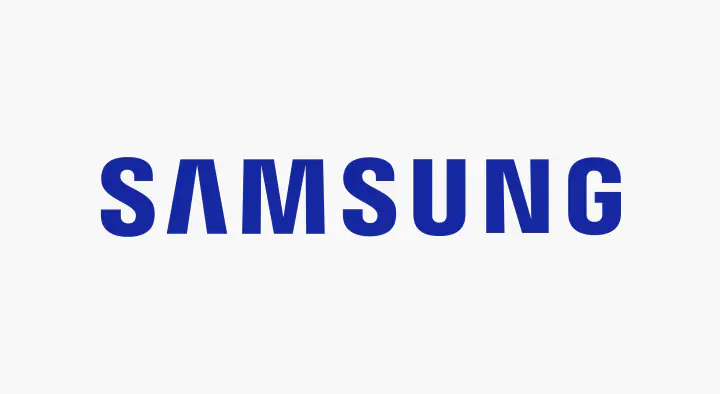Samsung Electronics (005930. KS) announced on Thursday that its supply of memory chips will rise faster than that of its competitors and that its investments will continue forward as scheduled, defying the industry-wide trend to reduce expenditure and output in the face of mounting recessionary concerns.
Analysts said Samsung’s apparent confidence suggests it aims to take advantage of a sudden, steep decline in global demand for technology to solidify its leadership in memory chips and catch up to larger competitor TSMC (2330. TW) in contract chip production.
The South Korean company also announced on Thursday that Jay Y. Lee, it’s de facto CEO who it claims was responsible for its choice to make aggressive expenditures in contract chip manufacturing, had been named executive chairman.
“We are not considering an artificial production cut,” Han Jin-man, executive vice president of memory business at Samsung, told analysts after posting a 31% plunge in quarterly profit.
“Market demand has contracted right now, but … we need to prepare for mid-to-long-term demand recovery.”
In contrast to smaller competitor SK Hynix (000660. KS), which on Wednesday warned of a “exceptional decline” in memory chip demand and lowered 2023 spending by more than 50%, Samsung said it did not foresee significant change to its plans for investing in memory chips.
Additionally, TSMC reduced its yearly investment budget by at least 10% for 2022 earlier this month and expressed greater caution than normal on future demand. Samsung is to invest 54 trillion won this year, of which 47.7 trillion won ($34 billion) would go toward its components business, which mostly consists of semiconductors.
According to Samsung, geopolitical uncertainty would probably reduce chip demand until the beginning of 2023. According to Samsung, the market for NAND flash chips may not expand in 2023.
Even yet, it promised to increase memory chip shipments more quickly than its competitors in the entire sector. Samsung does not provide specifics about its supply strategies. This year, Samsung anticipated record revenues and operating profit in the contract chip industry, where it now ranks a distant No. 2 behind TSMC.
“Samsung seems to be saying it will use this downcycle to push out other NAND flash firms like SK Hynix and Kioxia,” said Park Sung-soon, an analyst at Cape Investment & Securities.
Shares in Samsung closed up 0.2% in afternoon trade, but SK Hynix shares tumbled 4.2%. The wider market (.KS11) was up 1.7%.












